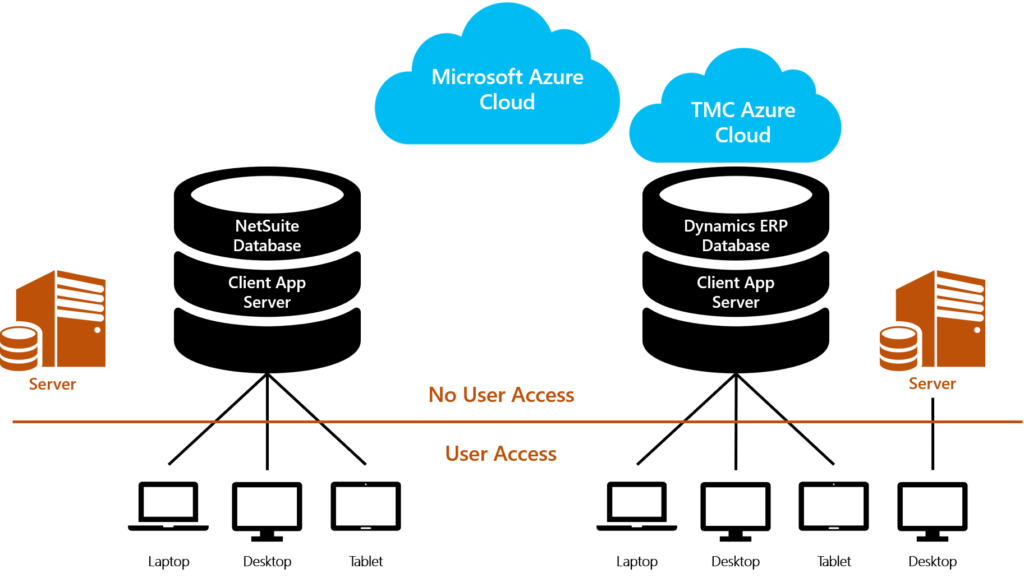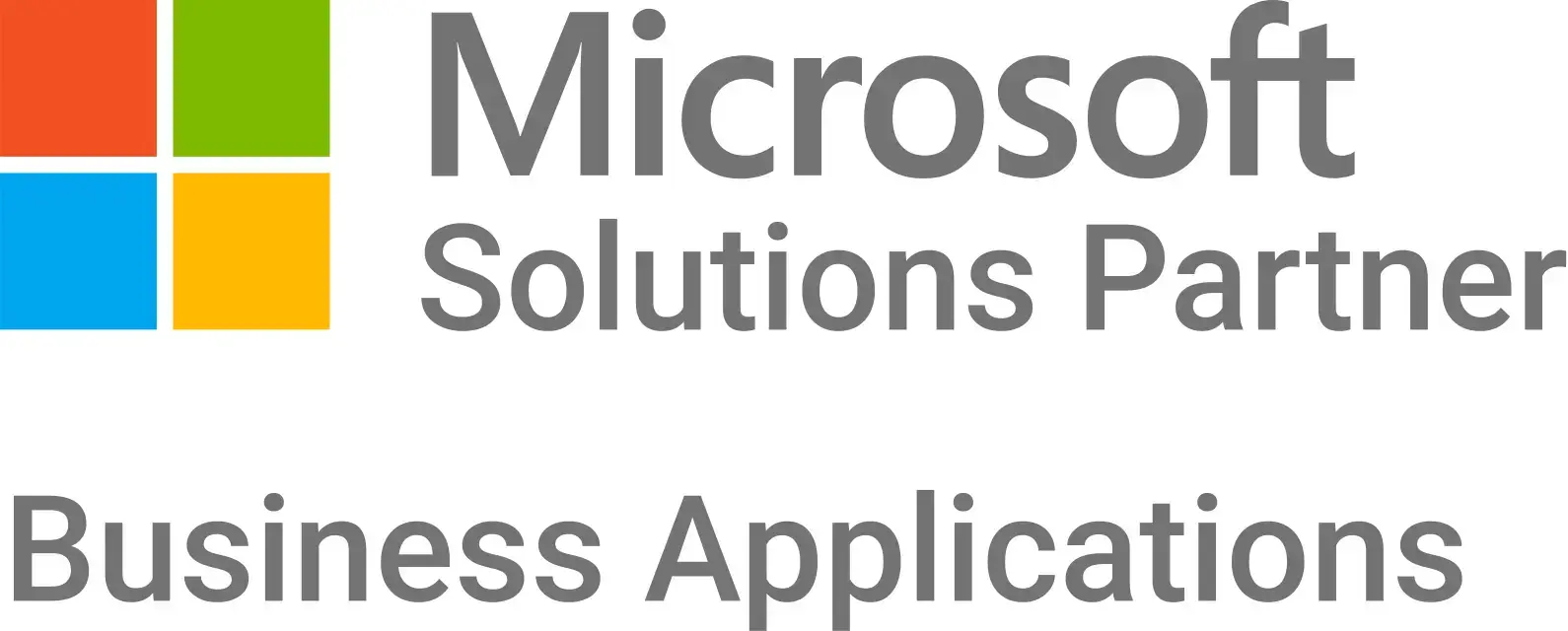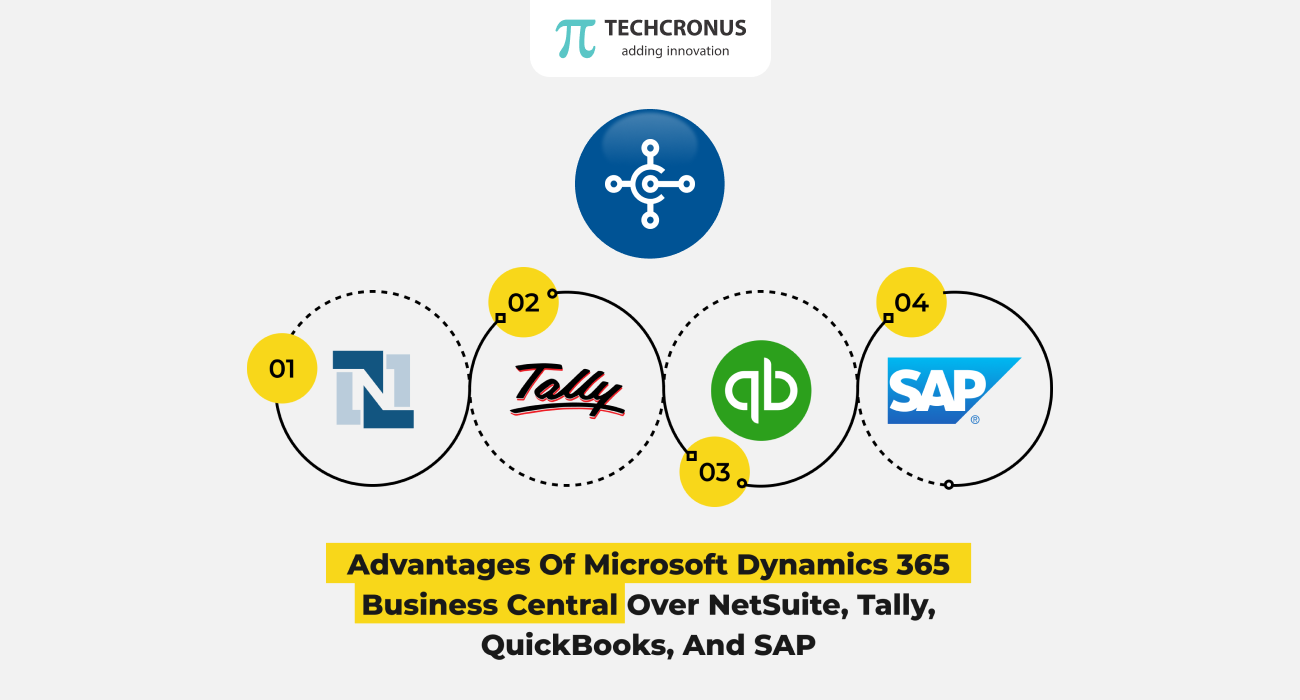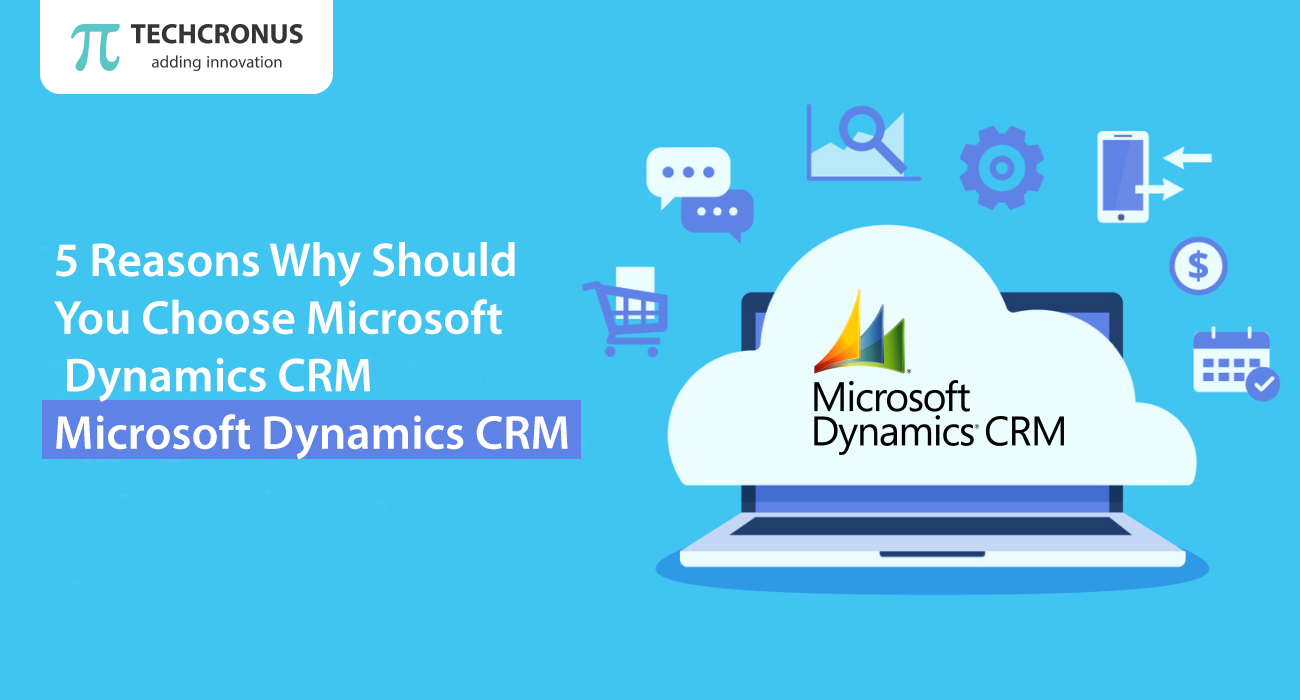Microsoft Dynamics 365 Business Central is a comprehensive business management solution designed for small to medium-sized businesses. It automates and streamlines the business process by helping users to manage your business. If you’re seeking to have a comprehensive business management solution, then Dynamic 365 BC is for you. It’s simple to use and adapt business collaborations with allowing you to make smart decisions.
The business application extended and utilized other Microsoft Cloud Services such as Office 365, Power BI, Microsoft Flow and other Power Apps. Dynamic 365 BC adapts itself by changing business and growing business needs while taking benefits of advanced technology.
Why choose Microsoft Dynamic 365 Business Central?
- Financial Management
- Supply Chain Management
- Operation Management
- Project Management
- Reporting and Analysis
- Sales and Service Management
Let’s move on with the topic by understanding how Microsoft Dynamic 365 Business Central id best over NetSuite.

In simple words, have you imagined sharing a single phone line with multiple users? Yes, it was common during the early days of the telephone. Now can you imagine your info is shared with other parties. Similarly, party-line works like NetSuite’s multi-tenant software, whereas Dynamic 365 works as single-tenant solutions.
Dynamic 365 Approach are:
- Customizability
- Flexibility
- Enhanced Security
- To understand better, let’s find out more
- Dynamics 365 Vs NetSuite
NetSuite
- It’s complicated and takes time to deploy with requiring extensive customization.
- The service contracts are inflexible, and the pricing adds thousands of dollars per year.
- It’s acquired by Oracle in 2016 and suffer losses in the last few years.
Dynamic 365
- It comes with a familiar interface and built-in setup wizard.
- It comes with a high value to license, which has 5-year TCO at significantly lower than NetSuite.
It offers complete stack infrastructure, applications and platform with deep ERP heritage.
Dynamics 365 Vs QuickBooks
QuickBooks
QuickBooks owned by Intuit and around us since 1983. It’s one of the best payroll system and credit card processing add-ons as it plays a big part in the QuickBooks solution. It comes with a full range of deployment options. One can run the solution page in a single-tenant configuration with QuickBooks. Compared with Dynamic 365, it has more critical advantages like easy payroll integration and payment processing. However, there are a few restricted that QuickBooks offers.
Disadvantages of QuickBooks
- Weak security options and too easy for making mistakes with improper data access.
- Not Robust and no login records or change to master records possible.
- It comes with Limited reporting options, which makes it difficult for customer insights and analytical capabilities.
- It’s not scalable. Therefore, if you have a growing business, consider using Dynamic 365 BC to have better billing options. As with QuickBooks, it’s challenging to manage third-party or different client locations.
How Dynamic is 365 Business Central better than QuickBooks?
One of the biggest strengths is its value, as Microsoft claims that Business Central owns 800+ more features than QuickBooks. Moreover, Business Central has functionality that goes beyond scalability and reporting. Also, when we compare the pricing, then Microsoft Dynamic is quite cheaper than QuickBooks. Dynamic 365 is quite robust and have better protection against employee theft and errors.
Microsoft Dynamic vs Tally
Today with emerging business market, small scale industry in India uses Tally as an accounting tool. Tally is used to growing business and helps to switch to global ERP’s. Tally accounting works on 32 inbuilt groups, whereas Dynamic is based on a chart of accounts that varies from customer to customer. Tally does not have product posting group concepts, vendor posting groups, customer posting group, inventory group etc. Simultaneously, Microsoft Dynamic has a clear vision and road map for their products like Dynamic NAV, Dynamic 365, Dynamics AX and Business Central. Microsoft uses the cloud-based solution and comes with the great advantage of adding Microsoft products like outlook, skype, Microsoft office, dynamic CRM as its collaboration capabilities.
Microsoft Dynamic vs SAP
SAP Business is designed to keep small to mid-sized businesses in focus. As SAP offers an integrated system, it allows us to manage and coordinate customer relationships, sales, and business intelligence reporting with ease. Using SAP Business One, the user gets real-time information on the most critical business metrics. SAP is built and runs on Microsoft SQL Server. It gives vast benefits by helping employees to update data from anywhere.
Cons
- It’s too complicated to use since SAP has traditionally associated with a large size of Fortune 500 companies.
- It makes it difficult to troubleshoot, and error is not always clearly found.
- If you want to focus on small to medium size, then go with Microsoft Dynamic as SAP if more Fortune 500 companies.
Microsoft Dynamic 365 offers several customized options and comes with more than 750 add-ons solutions on AppSource Market. One can integrate it effortlessly with hosting Microsoft business applications. It gives more access to its features and functionality while helping to increase overall accuracy and efficiency. Dynamic 365 is better for long-term fit organizations.
















 Get Started
Get Started

